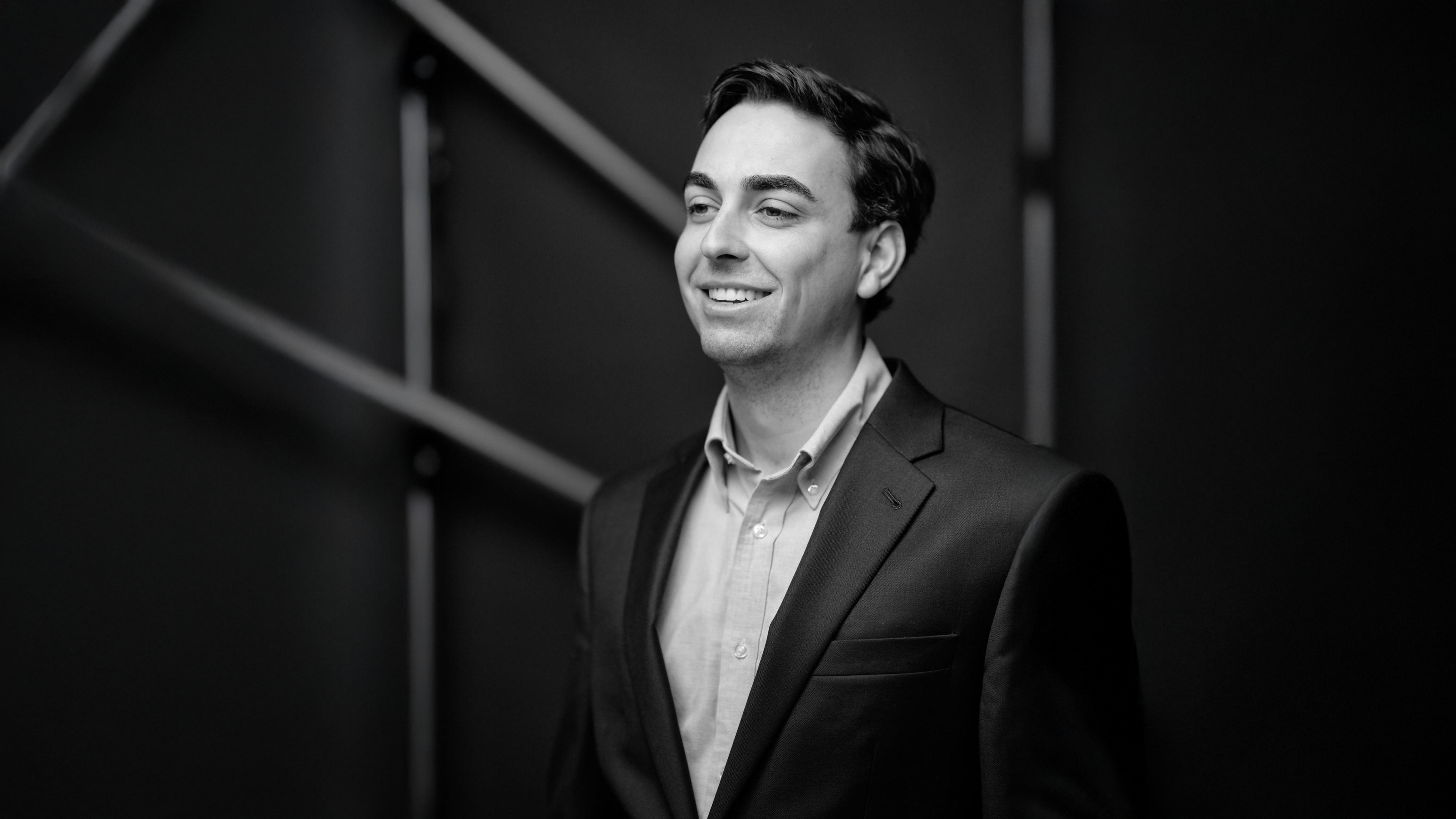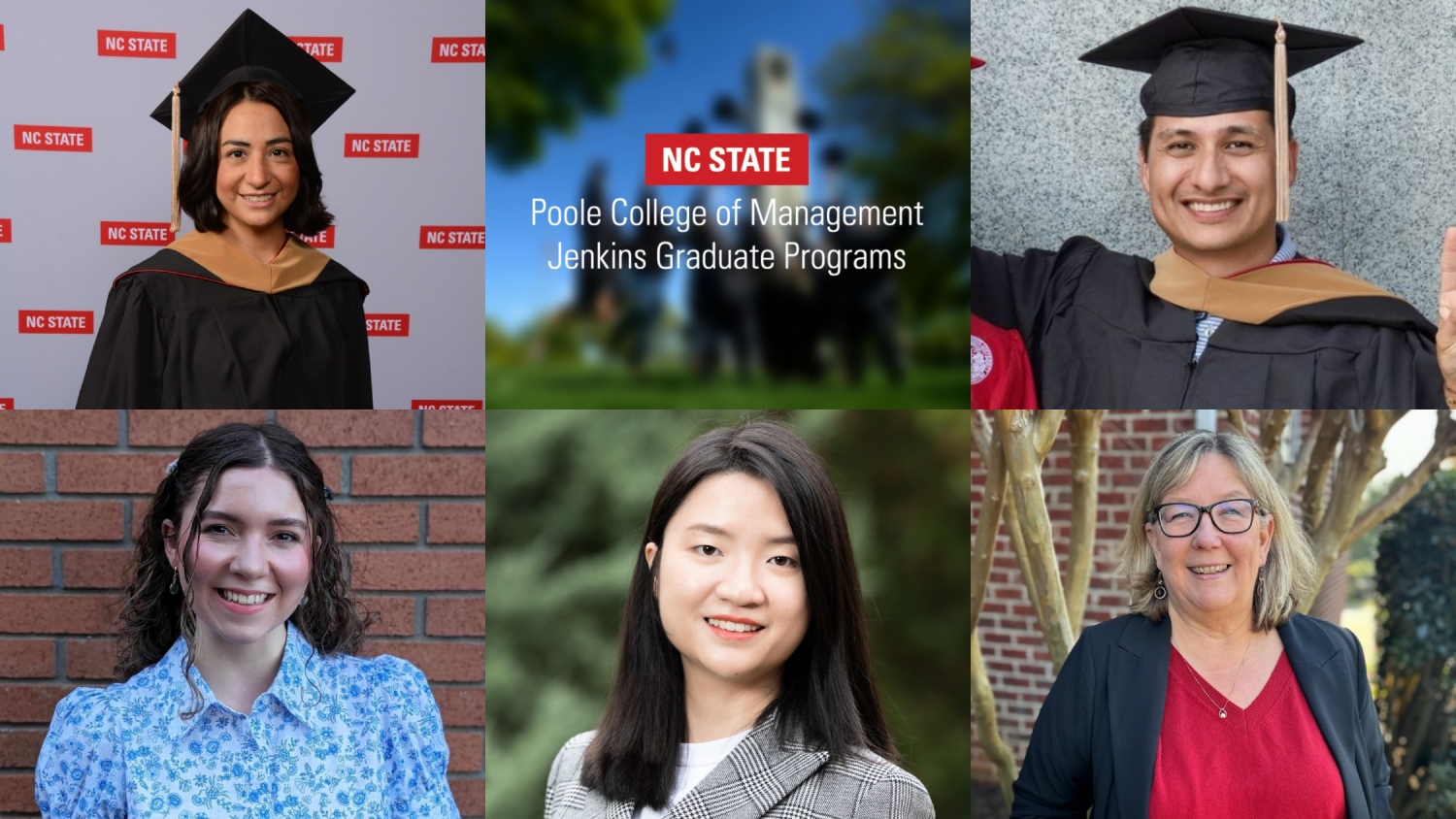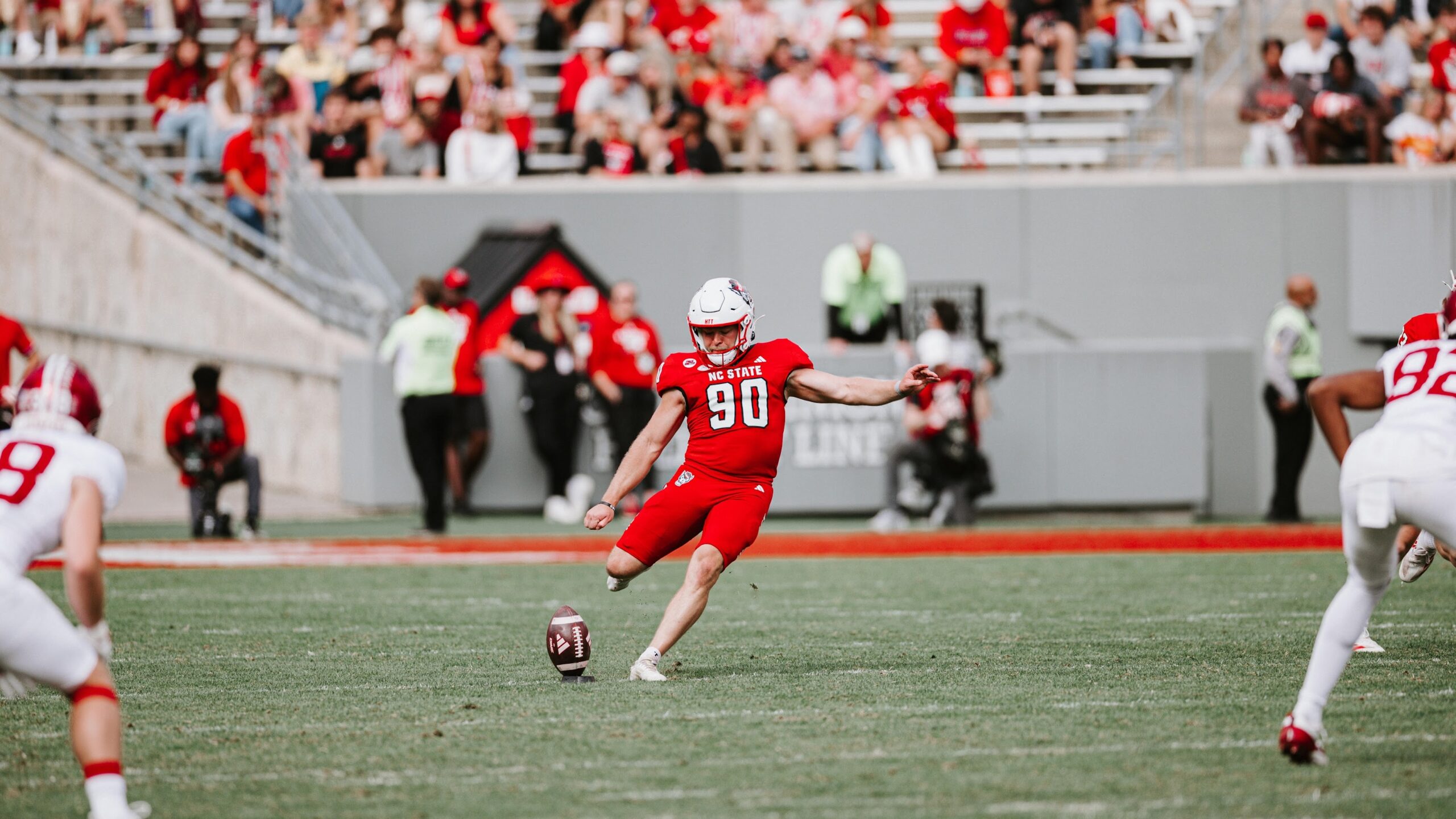Digital Turbine Vice President of Engineering, Rick Daniel (MBA ‘96), Bridges Technology and Business

Long before data-driven and AI were company buzzwords, Rick Daniel dedicated his academic and professional career to bridging the worlds of business and technology. A proud Hoosier hailing from northwest Indiana, Daniel earned a bachelor’s degree in engineering from Purdue University, where he adopted an analytical mindset and learned to drive solutions to complex problems.
In 1990, he moved to Raleigh to take a job in new product development at Nortel Networks in Research Triangle Park. Within a few years, he recognized the importance of expanding his business knowledge and decided to get his master’s degree. Knowing NC State’s reputation, he turned to the MBA program at Poole College of Management.
Gaining momentum
“Because NC State is a very tech-driven school, it seemed like the best place for me to bring that technology focus to business – and it turned out to be a great fit. The program gave me a lot of tools that were pivotal in my career,” Daniel says. “It also offered a lot of flexibility, which allowed me to complete the program at my own pace and continue working full-time.”
While completing his coursework, Daniel worked his way up to a senior director over Nortel’s R&D network solutions. He later transitioned into a senior director role with Nortel’s CTO office. In 2009, he moved to Sensus, where he spent more than a decade working in multiple senior executive roles to solve critical water and energy infrastructure challenges through innovation and drive the global development of the next generation of intelligent metering solutions.
Looking back, Daniel recognizes that the MBA program afforded him a tremendous amount of opportunity to advance his career.
“I believe I’ve had a very successful career, and I can credit much of that to the MBA program.u0022
“Though I’ve always had a kind of natural business acumen, I was trained as an engineer – so I didn’t have a lot of the tools and language I needed to move forward,” he explains.
“The MBA program taught me how to drive a return on investment and communicate with finance people, business owners, customers and investors. That foundation opened all kinds of doors and pathways into leadership – and it served as a launching pad into business ownership, driving big programs and managing technology with a business focus at the executive level,” he continues.
Learning language
Though technology has advanced dramatically since Daniel earned his diploma in the 90s – and moves much faster, too – Daniel believes that there’s still a wide gap between business and tech. For as much as businesses talk about harnessing the power of technology, he notes that relatively few bachelor’s programs give graduates a foundation in both fields.
Those coming out of more technical programs, especially, tend to lack the business acumen needed to grow their careers. That’s why Daniel encourages people with tech backgrounds to join an MBA program to gain exposure to key business and finance concepts.
“The MBA program at NC State helped me connect these two different spheres in order to have intelligent conversations with business leaders – but when I look around, I rarely see that in other technology people. That’s why gaining leadership and people skills, developing your business toolbox and learning to speak that language is so important,” he says.
He also notes that the skills are incredibly versatile.
“I’ve had many different roles in different industries, but what I gained in the MBA program has helped me be successful in all of them.u0022
“The technology has changed, my role has changed and my focus has changed – but the basics I learned in the MBA program have not changed. That foundation has been the constant in every role,” he says.
Seizing opportunity
In 2021, Daniel decided to take a break from work and devote more time to giving back. Belonging to a big hockey family, Daniel increased his involvement with USA Hockey and its affiliate, the Carolina Amateur Hockey Association (CAHA), where he served as vice president and board member to help grow the sport in the Carolinas. He also had the opportunity to explore his passions and dreams for the future.
“I had the opportunity to figure out what I wanted to do when I grew up,” he laughs.
After a year and a half off, he got a call from a recruiter about an opportunity at Digital Turbine, a company dedicated to changing the mobile advertising landscape – and ultimately decided to join the company as vice president of engineering.
“Digital Turbine is a conglomerate of start-ups, so they were looking for someone who’s done a lot of transformation and R&D to reach the next phase of their growth cycle. Driving efficiency and developing a methodology for how to make operations quicker and less expensive is what I did in my roles at Nortel and Sensus, so my skill sets aligned well with their needs. I realized it was an incredible opportunity to get back into the stuff I enjoy doing and make a big impact on the business side,” he says.

Giving back
In addition to his new role with Digital Turbine, Daniel is also embracing new opportunities to give back to the university – including contributing to scholarships, attending meet and greets with the Jenkins MBA program and serving on Poole College of Management’s Career Services Advisory Board. He is also proud to have two sons at NC State.
“My son Eric recently graduated from NC State with a degree in engineering and is now pursuing his master’s in electrical engineering there, and my son Scott just started as a freshman in Poole College of Management, so it’s becoming a family affair. As a big hockey family, we’re also excited about having both boys play together on the Icepack, the club ice hockey team at NC State,” he says.
“I also had the opportunity to go to campus last year while volunteering with Wake County elections. Being back on campus and feeling the energy in that environment was really exciting and drove me to get more involved, so my wife Julie and I are working through how to invest financially and give more of my time,” he continues.
A natural mentor, Daniel also has a few pieces of advice for current and prospective MBA students who come behind him.
“Don’t just go to class and focus on getting good grades. Work on building your relationships with your peers and instructors. This is something that’s not only going to help you in your time in the program, but something you’ll continue to tap into and leverage for the next five, 10 or 15 years down the road,” he says. “Create a network and invest a lot of time and effort into it – that’s one of the most valuable things you can do and I can guarantee it will pay off in spades.”
Learn more
To learn more about the Jenkins MBA program, including tuition, curriculum, career opportunities and more, please submit the form below.
This post was originally published in Jenkins MBA News.
- Categories:


